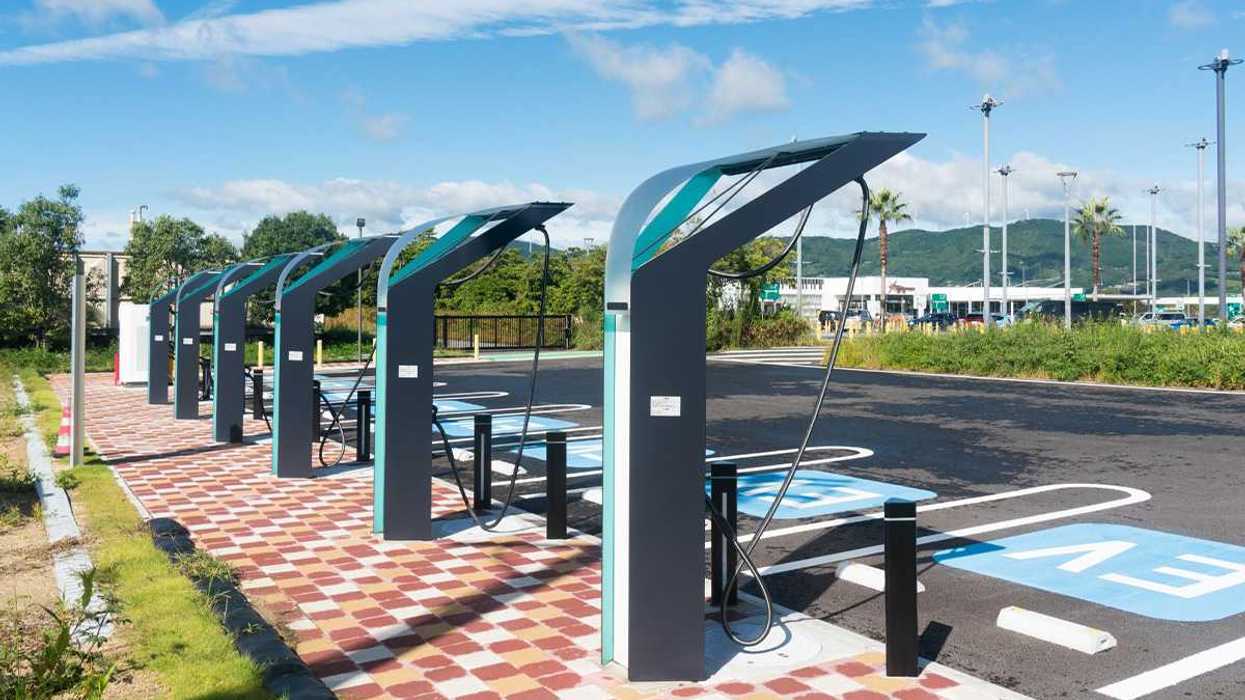If you’re an urbanite living in a tiny apartment, the thought of easily growing your own food is a laughable dream. Green thumb or not, who has the time to haul soil up to a rooftop or teeter pots precariously on a fire escape, and then remember to water them every day?
Enter Cloud Farms: a start-up reimagining urban gardening for people who want to connect with their food but are short on time and space. Designer Bradley Ferrada founded the company two years ago with one thing in mind: help people engage with the food system by making it easy to do and beautiful to experience. Using a simple hydroponic system, he designed a sleek planter that grows organic herbs and small greens from seed in a matter of weeks—with zero watering required. Fill with water once, plant the seed, then harvest the greens.
By designing a modern, efficient, soilless growing system that doesn’t require watering, Cloud Farms helps to eliminate the stress and fear that comes with growing your own food for the first time.
“I want to take some of the complexity out of something that might seem intimidating,” Ferrada says of his design.
After completing a successful Indiegogo campaign in December, the Queens-based business launched its first product, the Amphora planter. It comes with a seed kit that can be purchased separately and which lets you grow 8 plants from 50 to 60 organic seeds from Vermont. The seeds are inserted into growing pods made from rockwool (which is essentially Basalt rock spun into fiber—cool!), giving the seeds structure for their roots to grow. In the place of soil, the water gets a nutrient shot of the main building blocks for plant growth in synthetic, powdered form. At first glance, the Amphora looks more like a vase from Anthropologie than an urban farming device, but if it makes a sleek addition to your windowsill and an easy entrance into the world of urban gardening, Cloud Farms is doing its job.
The startup emerged from the idea that growing food in urban environments is an inevitable part of the future and that a good design can go a long way in bringing food production technology into our homes sooner. Ferrada’s experience as a graduate student living in New York City got him thinking about how to bring his gardening habit indoors, but the company ethos goes beyond just personal planting.
“I’m interested in having a more transparent food system and raising awareness about what is going into and onto our food,” he says. “If I can make something that would get more people to grow more of their own food, it would get them to start asking questions about what they’re eating, where it comes from, and how sustainable it is.”
[quote position="left" is_quote="true"]I want to take some of the complexity out of something that might seem intimidating.[/quote]
Like an increasing number of the population, Ferrada wants more transparency in the current food system, especially in cities where the process of growing food is often hidden and the journey from farm to Whole Foods is still highly obscured. Being able to DIY some of your groceries, especially perishable items like herbs and greens, not only eliminates food waste; it might get your head in the Cloud, engaging your thoughts and questions with where the rest of your food comes from.
The benefit of a traditional hydroponic system is that it lets you grow plants without soil, making it easy to produce food indoors at a faster rate that’s less water-intensive and avoids the dirty mess of soil. But aesthetics and simplicity are lacking in a big way.
“A lot of hydroponics products out there are very DIY and not very nice looking,” Ferrada explains (no offense, hydro folks!). “I think beauty and simplicity go hand in hand. People grow these things in their home, their interior environment, so simplicity is critical.”
Custom-made by a ceramics company in Oregon, the 1.5 liter ceramic planter is available in black or white and can grow a single herb or lettuce plant in five weeks. It uses closed, static hydroponics—AKA, you load as much water as the plant will need for its full life cycle.
“I wanted to make it a really nice package, so I stripped it way down, eliminating the need to check PH levels and monitor water levels,” he says. “It’s a one time set it up and leave it.”
[quote position="right" is_quote="true"]I think beauty and simplicity go hand in hand.[/quote]
Cloud Farms currently offers basil and lemon balm seed kits, and will expand to more (and bigger) vegetables in the future—opening up the possibility of, say, bringing tomato season into your living room.
“If you could get everybody, or a majority of people, growing in some small quantity—whether it’s a couple of herbs, lettuces, or small vegetables—their participation would have an impact on other parts of the food system, what people expect and demand and what kinds of questions they ask,” Ferrada says. “I hope that people can connect with it, that it becomes a recognizable object that they can link to their own values.”
















 Leonard Cohen performs in Australia in 2009.Stefan Karpiniec/
Leonard Cohen performs in Australia in 2009.Stefan Karpiniec/  Enjoying a sunset.Photo credit
Enjoying a sunset.Photo credit 



 Amoxicillin is a commonly prescribed broad-spectrum antibiotic.
Amoxicillin is a commonly prescribed broad-spectrum antibiotic.  Chart: The Conversation, CC-BY-ND
Chart: The Conversation, CC-BY-ND
 An envelope filled with cashCanva
An envelope filled with cashCanva Gif of someone saying "Oh, you
Gif of someone saying "Oh, you
 A parking lot for charging electric vehicles.Photo credit
A parking lot for charging electric vehicles.Photo credit  Oil production.Photo credit
Oil production.Photo credit  Sun shines over the Earth.Photo credit
Sun shines over the Earth.Photo credit 
 Counterintuitively, social media can make you feel more bored and lonely.
Counterintuitively, social media can make you feel more bored and lonely. Talking about what you’ve read can add a social dimension to what can be a solitary activity.
Talking about what you’ve read can add a social dimension to what can be a solitary activity.